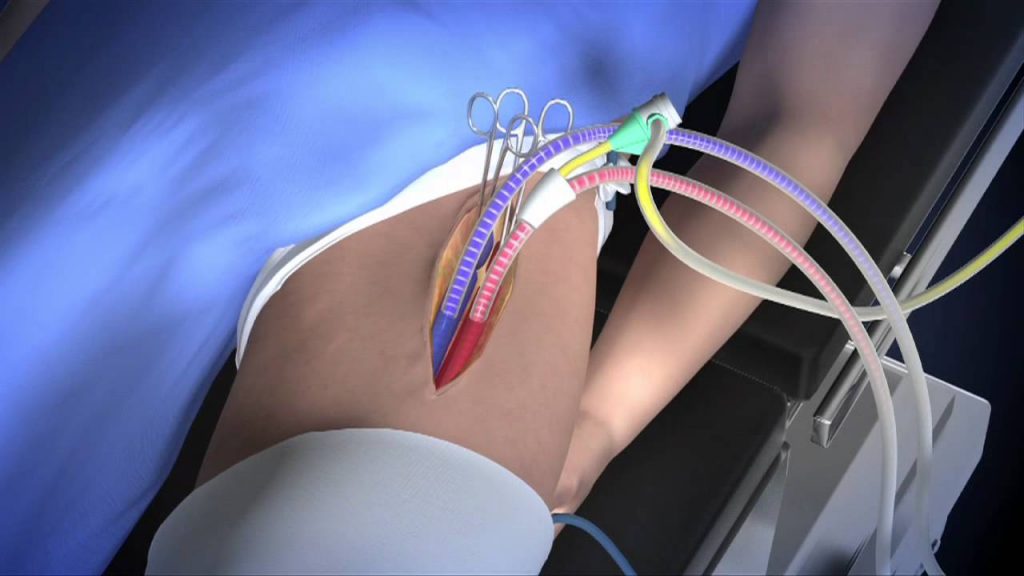Extended Indications for Extracorporeal Membrane Oxygenation in the Operating Room

Background
The use of extracorporeal life support (ECLS) for cardiorespiratory support is increasing. Traditional absolute contraindications are currently deemed relative contraindications. Extracorporeal life support is now considered for a wider cohort of patients on a case-by-case basis.
Method
We performed a review of the literature and examined current Extracorporeal Life Support Organization guidelines that support the use of ECLS in the operating room, based on the underlying pathology and surgical procedure proposed. We discuss specific surgical populations and different modes of ECLS and cannulation strategies.
Results
Based on the available literature, veno-venous extracorporeal membrane oxygenation (ECMO) can be used for the management of complex tracheobronchial and lung surgery, both in the elective and in the emergent setting. Elective veno-arterial (V-A) ECMO for cardiocirculatory support should be considered in high-risk patients undergoing ventricular tachycardia ablation. Extracorporeal life support should be considered as a potential life-saving intervention in almost all parturients with severe respiratory failure or refractory cardiogenic shock. V-A ECMO should be considered in unanticipated intraoperative cardiac arrest in patients without preexisting end-organ failure.
Conclusion
As the number of indications for ECLS in the operating room is growing, anesthesiology and surgical staff should become familiar with the perioperative management of patients on ECLS.
